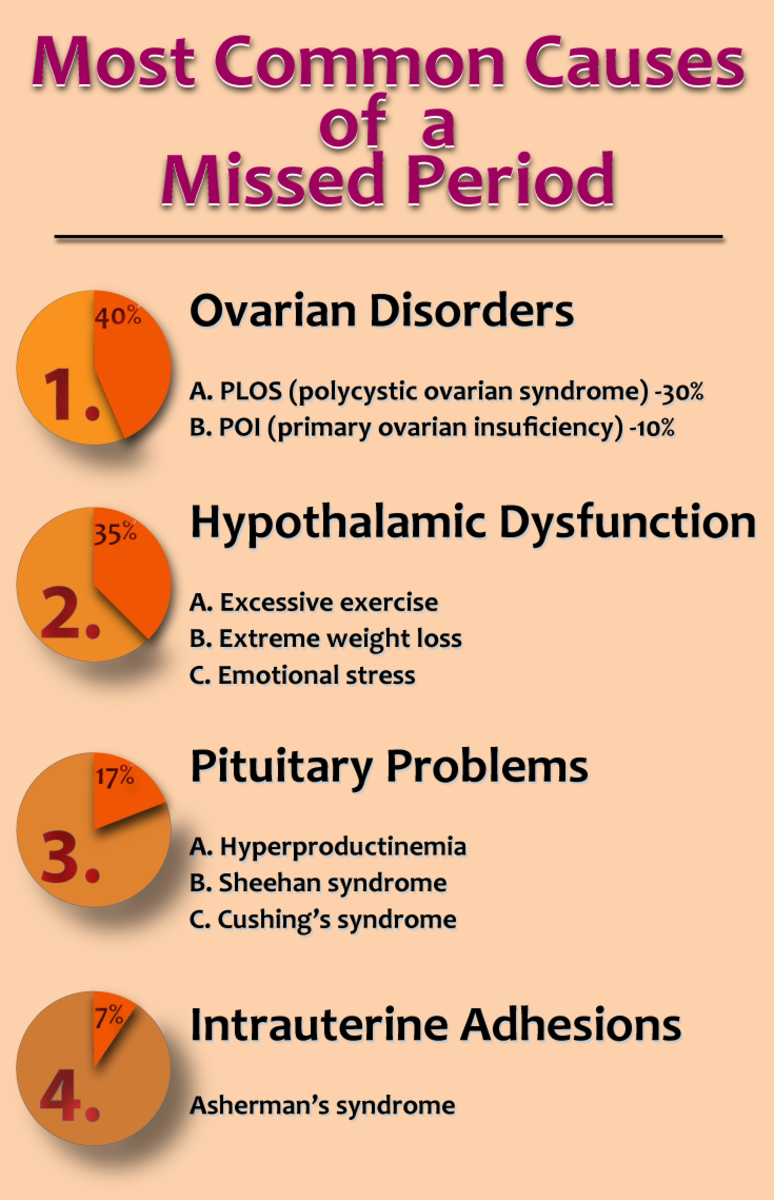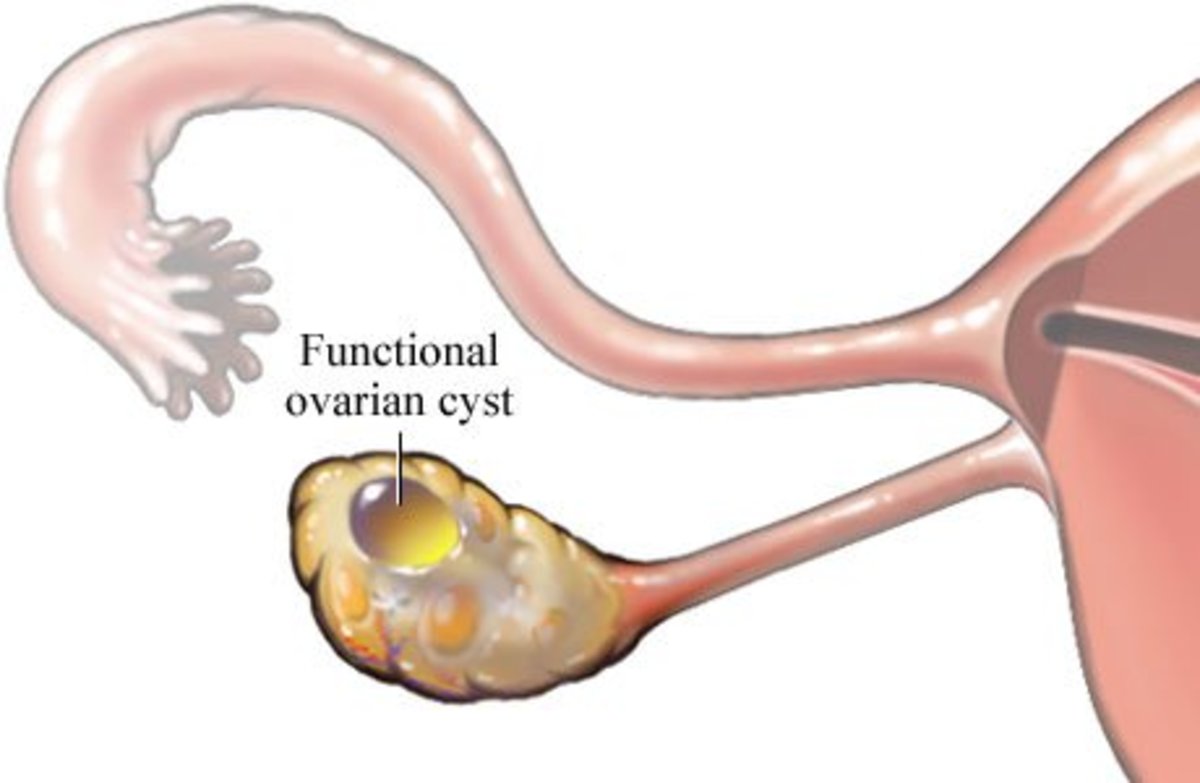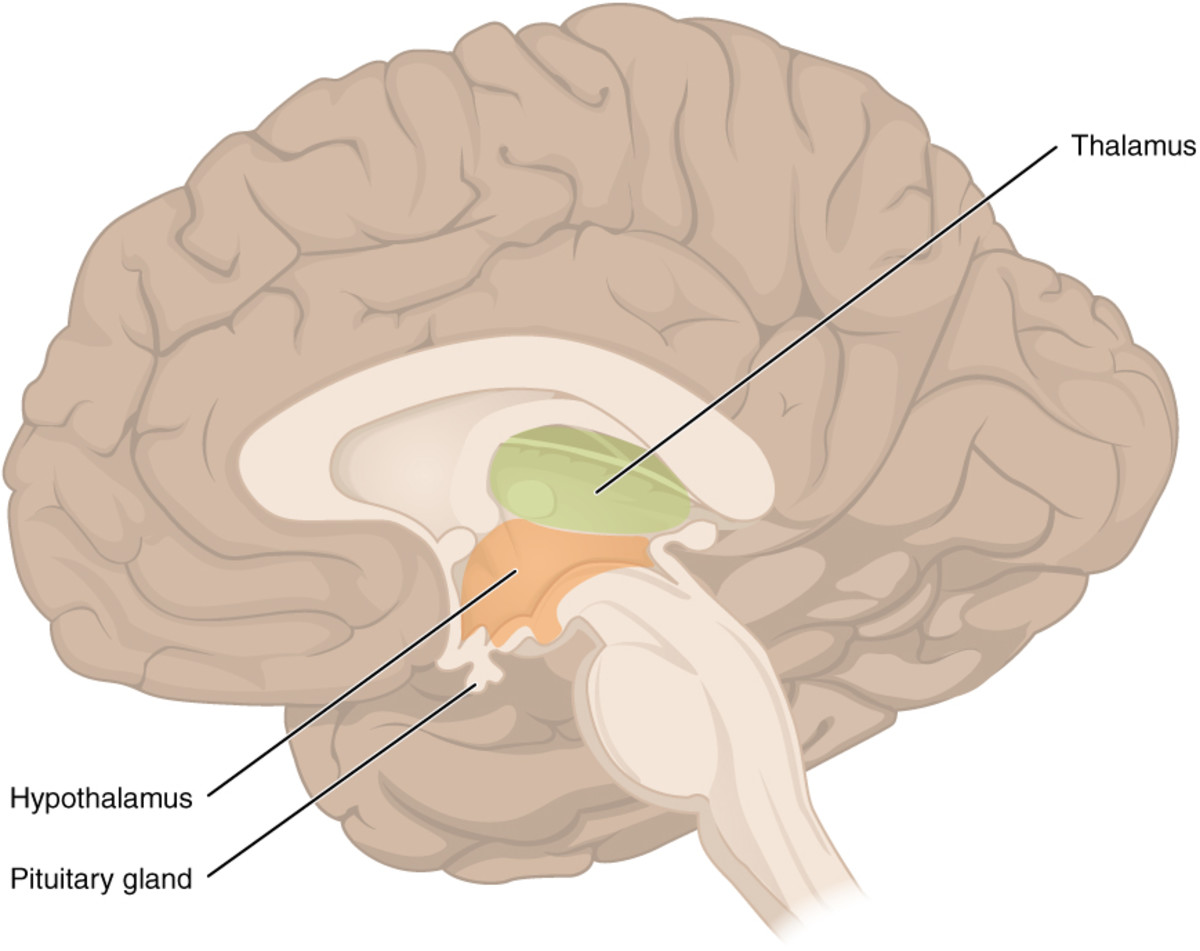Pregnancy Test Negative After a Missed Period?
You missed your period, but your pregnancy test is negative. There are several possible causes for this that will be discussed later in the article. However, it is extremely important that you first ensure you really aren’t pregnant.
Advances in biotechnology have improved the accuracy of home pregnancy tests. Home urine tests for hCG (human chorionic gonadotropin) are now used to confirm or refute blood tests for hCG because, in some women, the blood tests can cross-react with what’s called heterophile antibodies (HA) to give a false positive.”
However, false negatives in home pregnancy tests can still happen. There are several reasons for a false negative on a home pregnancy test, the most common being that women will take the test too early after a late period. To get accurate results, you should wait to take a pregnancy test two weeks after you miss your period.
If you have ruled out pregnancy, there are 12 other causes of an absent period you should consider.
Can You Miss a Period and Not Be Pregnant?
There are several causes of missed periods other than pregnancy. Amenorrhoea is the medical term for absent periods. There are two types of amenorrhoea:
1. Primary Amenorrhoea
The absence of first menstruation by age 15, or no period more than 3 months after breast development
2. Secondary Amenorrhoea
No period for three cycle intervals, or six months, in women who have been menstruating regularly.
I get a lot of questions from women who report pregnancy-like symptoms, such as a late period and nausea or loss of appetite, even though they are not pregnant. There are several possible reasons for this, ranging from lifestyle changes to drugs/medication and chronic illnesses.
Important
You should rule out pregnancy before considering other causes of an absent period.

12 Reasons for a Late Period With No Pregnancy
- PCOS (polycystic ovarian syndrome)
- Stress
- Excessive exercise
- Extreme weight loss or weight gain
- Medication and drugs
- Stopping birth control pills
- Pituitary growth
- Sheehan’s syndrome
- Cushing’s syndrome
- Premature ovarian failure (primary ovarian insufficiency)
- Thyroid dysfunction
- Asherman’s syndrome
1. Polycystic Ovarian Syndrome (PCOS)
According to Dr. Mark Trolice, reproductive endocrinology and infertility specialist at Fertility CARE, “Polycystic ovarian syndrome is the most common hormonal disorder in women, affecting 6-10% of all reproductive-aged women.” If you notice you have acne, unwanted body hair, headaches, pelvic pain, extreme fatigue, and no period but are not pregnant, you may have PCOS.
Symptoms of PCOS:
- Erratic or missed periods
- Acne
- Weight gain
- Fatigue
- Excess facial/body hair
- Difficulty conceiving
- Pelvic pain
- Headaches
- Interrupted sleep
In a typical case of PCOS, the affected woman may find that her periods are unpredictable. She may sometimes go several months without one, or she may bleed every day to the point of anemia. The underlying cause of PCOS is usually an abnormal hormonal environment. In the majority of cases, a successful reduction of body weight to a normal body mass index (BMI) will lead to a resumption of regular periods and ovulation, or it at least may facilitate induction of ovulation with medications.

Functional Ovarian Cysts
During ovulation, small, fluid-filled sacs can form on the ovaries. These are common in all women and are typically benign—you may not even notice the symptoms. However, if the cysts become too large, twist the ovary, or rupture, they can cause pain in the abdomen and lower back, sore breasts, nausea and vomiting, and delayed menses.
If you have a late period and nausea but are not pregnant, your doctor may check for ovarian cysts. They may order ultrasounds and hormone level tests to determine the severity and any underlying hormonal cause.
Ovarian cysts typically go away on their own after a few weeks and up to a few months. In some cases, your doctor may tell you to take birth control pills to reduce the risk of cyst formation by preventing ovulation. In severe cases, surgery is required to remove the cysts.
2. Stress
Mental or emotional stress or anxiety can cause absent periods. Death of a loved one, exams, marital difficulties, and stress at work can cause a woman to miss her periods—sometimes for several months at a stretch.
3. Excessive Exercise
Excessive or intense exercise can also affect menstruation. The female athlete triad—defined as an energy deficit (with or without an eating disorder), decreased bone density, and absent period—is common in young women who participate in competitive sports. Up to half of long-distance runners and around 4 out of 10 professional ballet dancers will experience secondary amenorrhoea. Excessive exercise can lead to the shut down of the hypothalamus, the part of our brain that regulates our hormones through control of the pituitary gland. This is one of the ways that the body deals with the excessive energy expenditure that it is being put through. In the case of ballet dancers, the situation is worsened by the fact that they tend to maintain a restricted calorie intake.
Once the athlete reduces training duration, frequency, or intensity, or increases caloric intake, periods should resume. However, this is not guaranteed and depends on other factors like age and duration and severity of the caloric deficit.

4. Extreme Weight Loss or Weight Gain
Anorexia Nervosa
Anorexia nervosa is a serious psychiatric condition in which the patient is severely underweight and is almost always accompanied by absent periods. The mechanism behind this relationship is similar to how excessive exercise causes missed periods. A caloric deficit puts the body under metabolic stress that can affect the hypothalamus’ ability to balance hormones.
Sudden loss of weight not associated with anorexia (e.g. through surgery) can also lead to missed periods, especially if the weight is lost rapidly over a short period of time.
Obesity
Obesity is a metabolic condition that increases systemic inflammation. Excessive weight gain alone does not affect menstruation, but it may indicate other health conditions, most commonly PCOS. The excess adipose tissue and increased inflammation can also lead to changes in levels of estrogen and testosterone, resulting in hormone dysregulation that can delay menses. As little as 5-10% of weight loss may restore ovulation and menses.
5. Medication and Drugs
Drugs that can cause a missed period:
- Anti-blood pressure medications like methyldopa
- Antidepressants
- Antipsychotics (phenothiazines like chlorpromazine, thioridazine, and prochlorperazine)—elevate levels of prolactin, resulting in suppression of estradiol and progesterone
- Anti-epilepsy drugs
- Chemotherapy
Metoclopramide (Maxolon, Reglan, or Pramin) is another drug that can result in temporary cessation of periods. It is mainly used as an antiemetic (to control nausea and vomiting), making it unusual for it to be taken for a prolonged duration. In general, metoclopramide should not be used for more than 3 months at a time.
6. Stopping Birth Control Pills
Some women, after using birth control pills for a long time, will find that when they come off, their periods do not resume, at least not for a few months. This is known as post-pill amenorrhoea. This can also happen after using other forms of contraception, especially the injection Depo-Provera.
Periods should return within 1-3 months after discontinuing the pill. If menstruation does not return after 3 months, you should consult your doctor and go through the same evaluations as any other woman with amenorrhea. To confirm that you are not pregnant, your doctor may order a hormone profile blood test and a pelvic ultrasound.

7. Pituitary Growth
The pituitary is a tiny gland in the brain that is responsible for the production of a variety of vital hormones. One of these hormones, prolactin, stimulates milk production. Pituitary growth or adenoma causes overproduction of prolactin (hyperprolactinemia).
If you notice acne and missed periods, but you’re not pregnant, you could have hyperprolactinemia.
Other symptoms include:
- Hirsutism (excess body/facial hair growth)
- Vaginal dryness
- Galactorrhea (milky discharge from breasts but not pregnant or breastfeeding)
Typically, treatment involves medication to suppress prolactin production. Once prolactin levels are back to normal, regular menses should resume.
8. Sheehan’s Syndrome
Sheehan’s syndrome describes severe blood loss due to postpartum hemorrhaging (bleeding after childbirth). The loss of blood leads to poor oxygenation of the brain, in particular, the pituitary gland, resulting in low levels of pituitary hormones, including luteinizing hormone (LH) and follicle stimulating hormone (FSH) that regulate the menstrual cycle.
Symptoms of Sheehan’s Syndrome:
- No periods
- Fatigue
- Difficulty thinking
- Cold even in warm weather
- Weight gain
- Low blood pressure
- Low blood sugar
Treatment usually involves hormone replacement therapy to make up for the loss of pituitary hormone production.
9. Cushing’s Syndrome
Cushing’s syndrome is characterized by overproduction of ACTH by the adrenal glands or pituitary glands because of hormone-producing, non-cancerous tumors. This results in prolonged, elevated blood levels of cortisol, the stress hormone. Elevated levels of cortisol can also be caused by taking corticosteroids like prednisone.
Symptoms of Cushing’s Syndrome:
- High blood pressure
- Weight gain in the upper body and face
- Loss of bone density
- Loss of muscle
- Easily bruised skin
- Facial hair (in women)
In women, Cushing’s disease can also affect menstruation, causing periods to stop.
Treatments involve the patient stopping the use of cortisol-like medication or surgery to remove the tumors producing excess ACTH.
10. Premature Ovarian Failure
Premature ovarian failure is also called primary ovarian insufficiency or premature menopause. It is estimated that up to 1% of women go into menopause before the age of 40. It is not yet known why ovaries can stop functioning before menopause. Premature ovarian failure has been known to happen to girls in their late teens and early twenties.
Symptoms of Premature Ovarian Failure:
- Absent period
- Hot flashes
- Night sweats
- Irritability
- Difficulty conceiving
- Decreased libido
A hormone profile blood test is used to form a diagnosis. Note that once diagnosed, 50% of women can still experience sporadic ovulation, and 1-5% may still conceive. Premature ovarian failure is usually irreversible.
11. Thyroid Dysfunction
Although thyroid dysfunction isn’t a direct cause of absent periods, because it controls metabolism and affects so many other organs, it could be the underlying cause. Either underactive or overactive thyroid disease can cause absent or erratic periods.
Underactive Thyroid
If you notice fatigue and late periods, but you are not pregnant, you may have an underactive thyroid.
Symptoms of an Underactive Thyroid:
- Fatigue
- Late period
- Cold even in warm weather
- Low mood
- Weight gain
- Dry, brittle hair and nails
Treatment involves prescription of synthetic thyroid hormone, like levothyroxine, to supplement the body’s natural production of thyroid hormone.
Overactive Thyroid
If you feel are hyperactive, sweating excessively, experiencing weight loss, and you have a late period, although it’s not very common, you may have an overactive thyroid.
Symptoms of an Overactive Thyroid:
- Restlessness or hyperactivity
- Hair loss
- Absent or erratic periods
- Heart palpitations
- Feeling warm and poor tolerability of heat
- Sweatiness
- Weight loss, even though there may be increased appetite
Graves’ disease is the main cause of excessive thyroid hormone production. Treatment involves taking radioactive iodine or antithyroid medication.
12. Asherman’s Syndrome
Asherman’s syndrome is a rare condition characterized by the formation of scar tissue, or adhesions, in the uterus, usually after uterine surgery, for example, dilatation and curettage (D&C).
The build-up of scar tissues leads to sparse or absent periods and frequent miscarriages. If you recently had a D&C procedure and notice a missed period, Asherman’s syndrome is the most likely cause. Most cases can be treated with surgery to remove the adhesions.
Final Thoughts
As you can see, pregnancy is not the only cause of an absent period. Affected women should know that there are many possible causes and that these conditions are generally easy to treat. However, it is very important that you rule out pregnancy first.
Clinicians should understand the importance of taking a thorough history of the patient. Some of the symptoms are ambiguous and can indicate other possible conditions. Therefore, it is important to understand all the factors that may be contributing to the patient’s absent period.
Disclaimer
This article is for informational purposes only and is not intended to diagnose. If you notice any of the symptoms discussed, consult your physician for the proper tests and diagnosis.
References
Corrine K Welt, MD and Robert L Barbieri, MD. (2017). Epidemiology and causes of secondary amenorrhea. UpToDate.

